As Russia continues its devastating attacks on Ukraine, we spoke to five Australian women with Ukrainian heritage about their reaction to the news of war and how their loved ones are coping under bombardment. Find out how you can help support those in Ukraine at the bottom of the story.
“I check my phone every hour. None of us has been sleeping”
Sydney photographer Kristina Yenko was born in Ukraine and has family there
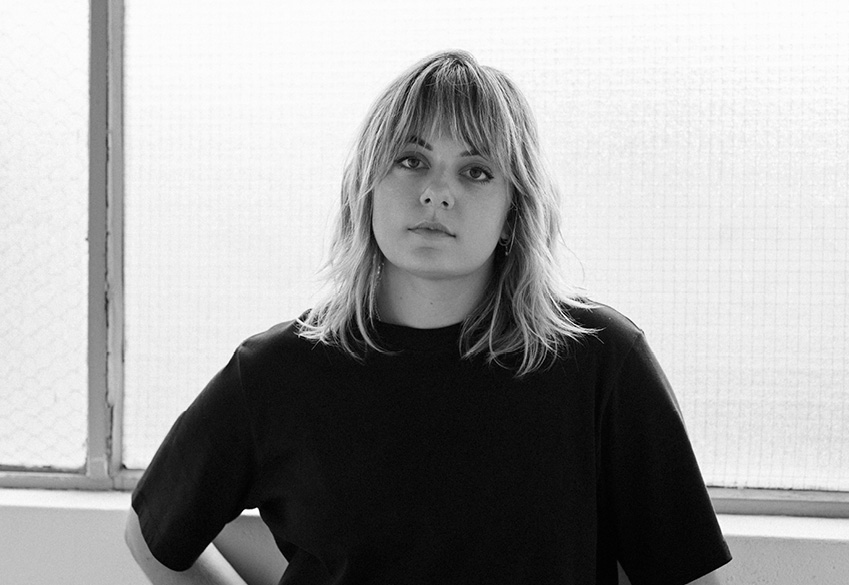

For the first few days after Russia invaded Ukraine, I think I was in absolute shock. No one expected this to happen.
I’ve been glued to my phone since the war begun. I check it pretty much every hour, and I’ll sometimes wake up in the middle of the night to check it. My family are exactly the same. None of us have been sleeping.
I was born in Kyiv in 1992, just after the collapse of the Soviet Union, and we moved to Australia when I was two and a half. Kiev is only 80 to 100km from Chernobyl, and my mum was worried about the health effects from the radiation.
Since then, I’ve been back to Ukraine several times to visit family, and I feel a strong cultural pull towards Ukraine and Europe. My memories of Ukraine are of lots of greenery, the sun setting late in summer, people spilling out into the streets in summer, and barbecues. Ukrainians love a good barbecue.
My dad still lives in Kyiv but managed to escape two days before Russia invaded. He went to Georgia for a quick business trip and when all the flights were cancelled he got stuck there. He pretty much just has the clothes on his back.
Some of my relatives still in Ukraine have been volunteering and protecting and defending. I’ve had relatives who have walked towards Poland to the border, although obviously all the men have to stay at home [as government orders prevent men aged 18-60 from leaving Ukraine].
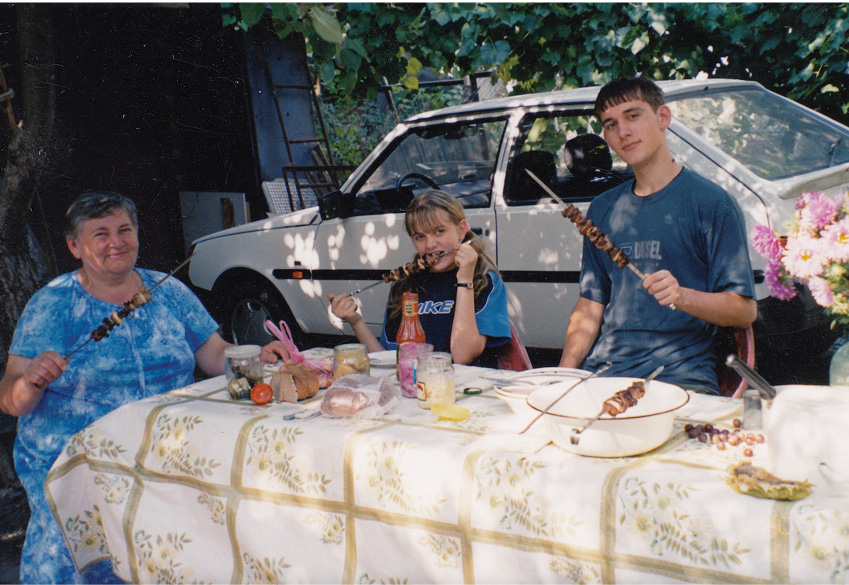

People I know have responded differently to the war. Some of my relatives, who grew up in the Soviet Union, are actually pro-Putin. That doesn’t mean they support the war, but after years of exposure to Russian propaganda there is a lot of trust in government.
I feel like I have a responsibility to help spread accurate information. I want people to know that Ukrainians are not aggressive people, and the number one thing that Ukrainians value is freedom.
“My brother has signed up to defend Ukraine”
Olga Voronina, 41, immigrated from Ukraine 15 years ago with her husband. She has an eight-year-old daughter.
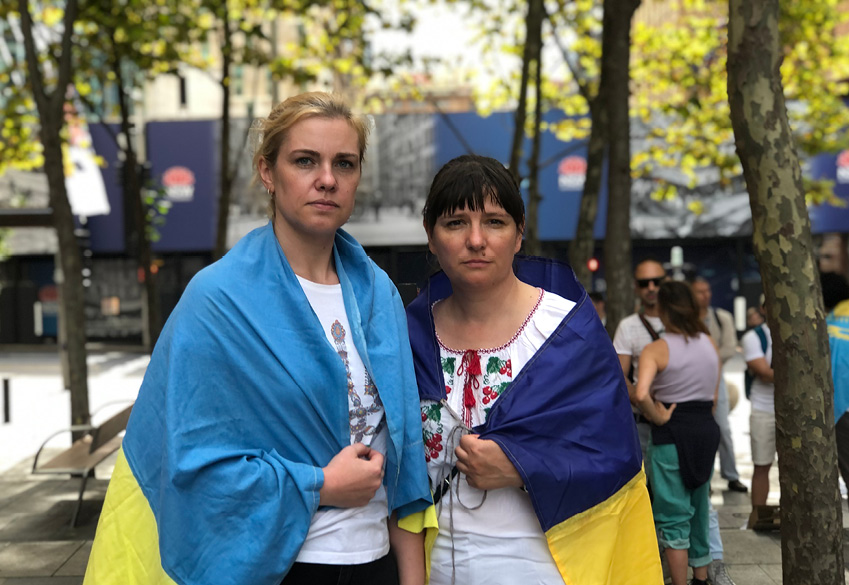

“I was at home when I heard that Russia had invaded. At first, my husband and I were in disbelief. But when we opened a Ukrainian news portal, we saw that it was true. Our country was at war.
I called my brother in Ukraine and he picked up immediately, saying he’d been woken up by what he thought was loud rain, but what turned out to be explosions.
After the call, he planned to pick up our parents and my nephew and take them back to his house, which has an underground garage that can be used as a bomb shelter.
After we hung up, I was beside myself — my friend had to go and pick up my daughter from school.
I’d been suggesting to my parents that they should leave for a few weeks, but even in my darkest dreams I didn’t think it would happen this fast.
When my brother came to pick them up, my parents, who are in their 60s and 70s, were ready insofar as they had packed their papers, passports and medications. But because they hadn’t really believed that Russia would invade, they didn’t have any clothes packed. Mum just grabbed what she could and left.
That afternoon, she called me, crying, to say my brother had volunteered to join the territory defence unit – volunteers who protect Kyiv. She is so scared — we both are — but we understand there is no other way. We must fight.
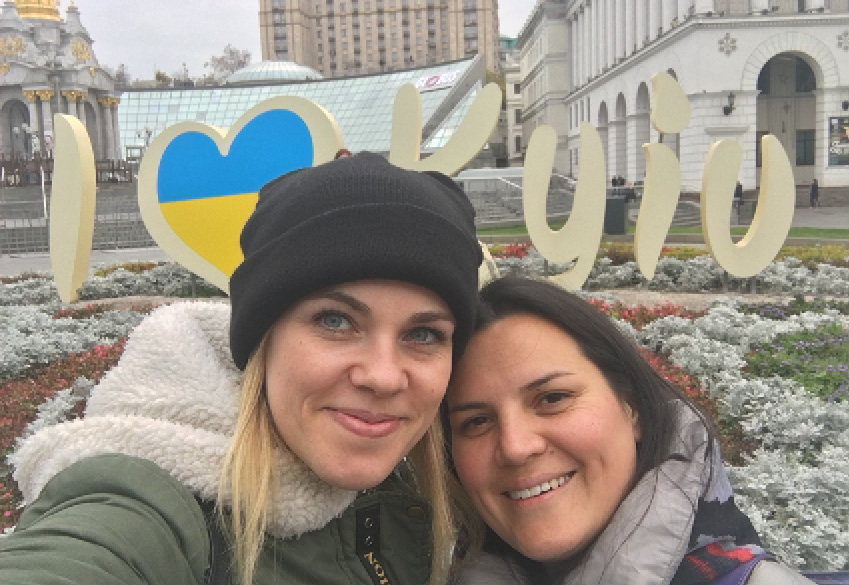

My dad, who’s 74, said he would like to go too, but thinks he would be of no use due to his age.
As horrific and atrocious as this is, the war will unite Ukrainians. Everyday there are posts and images on Instagram of people doing amazing things: people from small villages standing in front of tanks; fancy restaurants working around the clock to make and distribute food for free, people delivering medications to those who can’t leave their homes.
And I know that a lot of Russians condemn this, but many don’t think they can do anything as they will be imprisoned. To them I say: Ukraine will win this war, and down the track, when history books are written about it, do you want your children and grandchildren asking, ‘Why you didn’t protest and do something to stop this war?’
“I have never been sadder or prouder to be Ukrainian”
Stanislava Pinchuk, an artist, was born in Kharkiv and moved to Australia aged 10.
I grew up in Kharkiv – a city that has been profoundly shelled by air from the first ten minutes of the invasion. Strikes are specific – residential buildings, hospitals, schools. Children are in the casualties. Even holocaust memorials.
These are all explicit targets of the Russian military. At its most simple, this means: war crimes, war criminals.
We are a beautiful university city near the Russian border; cosmopolitan, full of theatre and music, literature and poetry. We switch fluidly between Ukrainian and Russian, and host students and those who stay after from a wide geographic reach.
Growing up, I never heard animosity – with Russian the language of my schooling and Ukrainian as the country of my citizenship. Last month, I was meant to be there making my first film – and today was once unimaginable.
I have never been sadder, or prouder, to be Ukrainian. Even I am astounded by the extraordinary heroism and resilience of ordinary people over the past week. We have refused to succumb to fear under unthinkable attacks. In the dark days – we stay onwards, always onwards.
I try to hold no animosity. To Russians, I also wish freedom, peace – and justice. We just simply don’t want to live forcibly under Putin’s regime, no more and no less than most Australians wouldn’t much like to either. We are a democracy, and consistently vote to facing Europe and the EU – it’s simple.
I try to hold no animosity. To Russians, I also wish freedom, peace – and justice.
I really do wish for no more parents to grieve young men misdirected to fend an illegal invasion for a megalomaniac warmonger losing touch with reality. I wish for them not to be buried while attempting to carve up our globe, while eating food rations that expired in 2015. I wish them not to die for a wild-eyed dictator who lines the pockets of his deplorable oligarchy with the blood of both soldiers like you, and of people like us.
I still prefer to think of the beautiful ties that bind us. We both use the Slavic word “mir” – in Russian, meaning both “peace” and “planet”. What a beautiful thing we’ve had in common for so long.
“I want to go to Poland to help with the humanitarian effort’
Olenka Slipetska is 30 and lives in Sydney, but has friends and family in Ukraine.
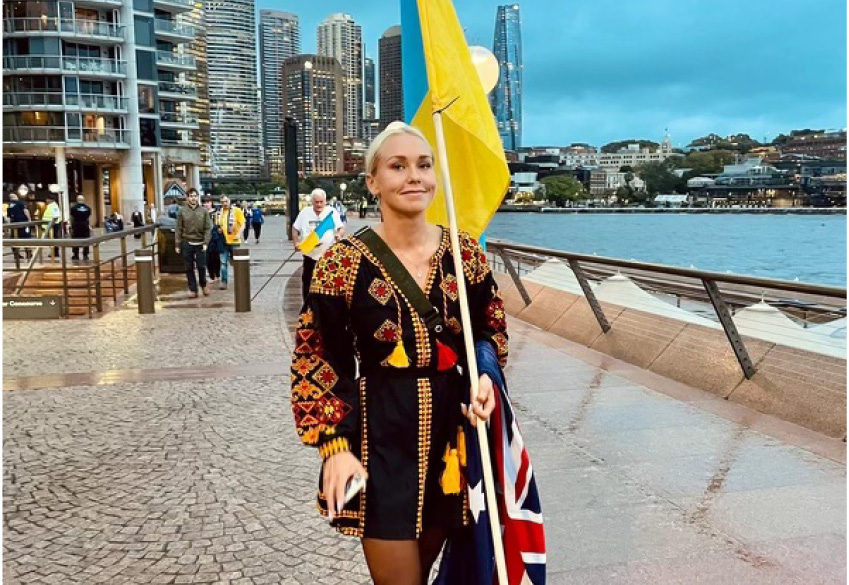

Today, life for me has stopped. As soon as the invasion began everything was put on hold: from eating properly to exercising, I can’t imagine living life like I used to until this war is over. Nothing seems to hold importance like it used to.
While there’s always been a sense that Ukraine was not entirely free/independent of its Soviet past, we never thought that Putin would go this far. He’s always been dangerous but to wage outright war on Ukraine was something no one could have imagined.
I was at a National Council of Women’s lunch when one of our beautiful members stood up and said she just received a call that shelling had begun in Mariopul and that her granddaughter, living in Lviv, was running for the border of Poland in an Uber.
We just sat there, shocked. After the lunch, I went home, sat on the couch and watched the news, crying for hours.
After a while I picked up the phone and messaged whoever I could [in Australia] and in Ukraine. My friend Andrij, who lives in Vyzhnytsya, told me he would not leave — that he would not run. That he and others had faith in the army. My cousin Yuriy in Lviv said his father was ready to fight.
It’s hard to feel useful in Australia, and my family and I are doing our best to attend protests, spread the word, ask people to donate and keep morale up. We feel helpless here, and we want to go to Poland and be of assistance there, but our friends and family assure us we’re doing a good job here.
Sometimes, I catch myself and think about how quickly the world has responded. And how much people are willing to lay down their lives for their country. Freedom is so precious and needs to be fought for, something Ukrainians have known for many centuries.
HOW YOU CAN HELP:
Donate to the United Nations Refugee Agency, which is helping support the people who have fled Ukraine.
Read and or support the Kyiy Independent, an English-speaking news organisation in Ukraine.
If you have friends or family in major European cities, another option is to send funds to purchase medical supplies or groceries, which friends can drop off at collection points. There are regular convoys heading to Poland and Ukraine, delivering supplies.
Support the Ukraine Crisis Appeal, a joint campaign between the Australian Federation of Ukrainian Organisations, Rotary Australia and Caritas Ukraine.
Attend a rally or protest in support of Ukraine. Details of Sydney rallies can be found here.




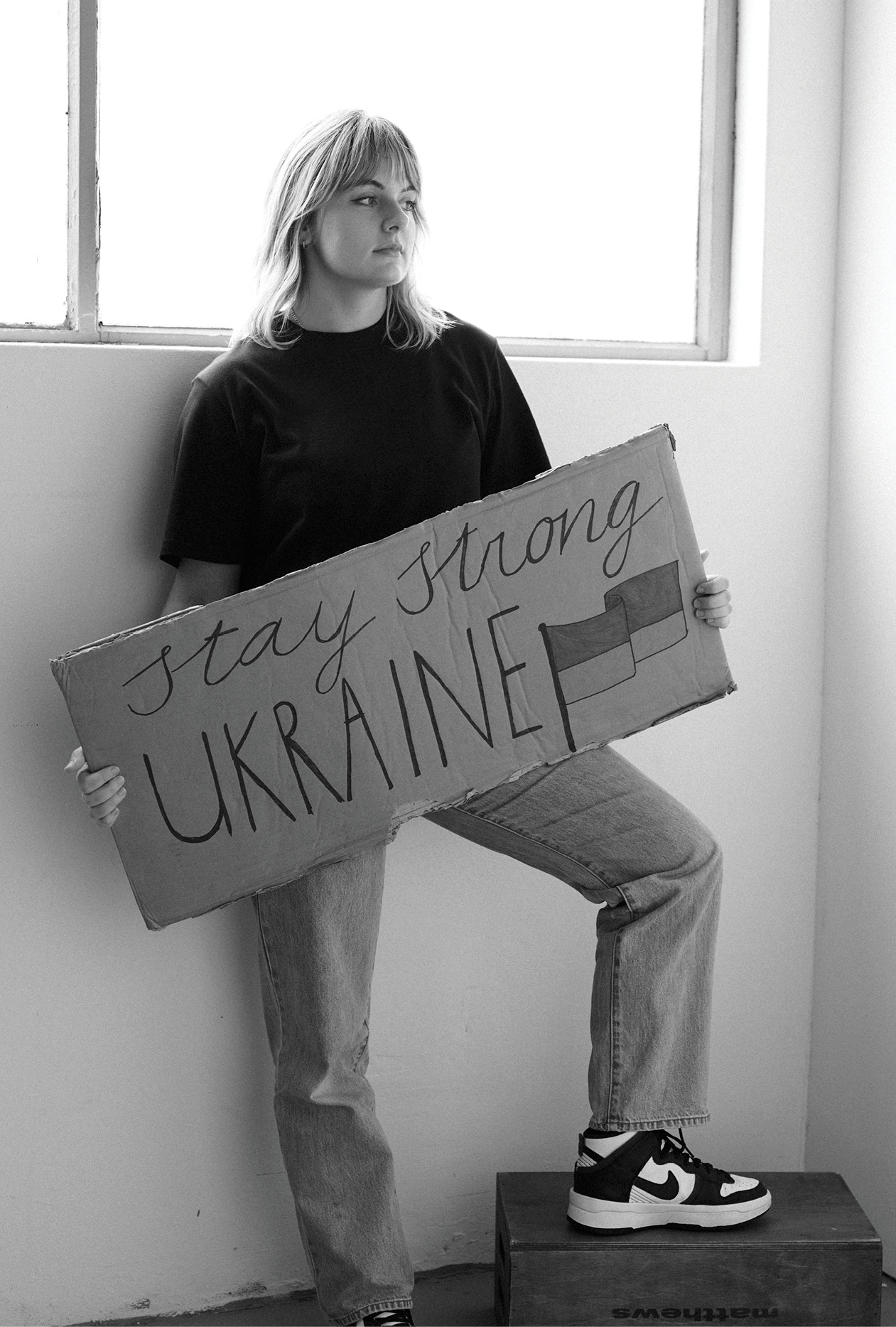
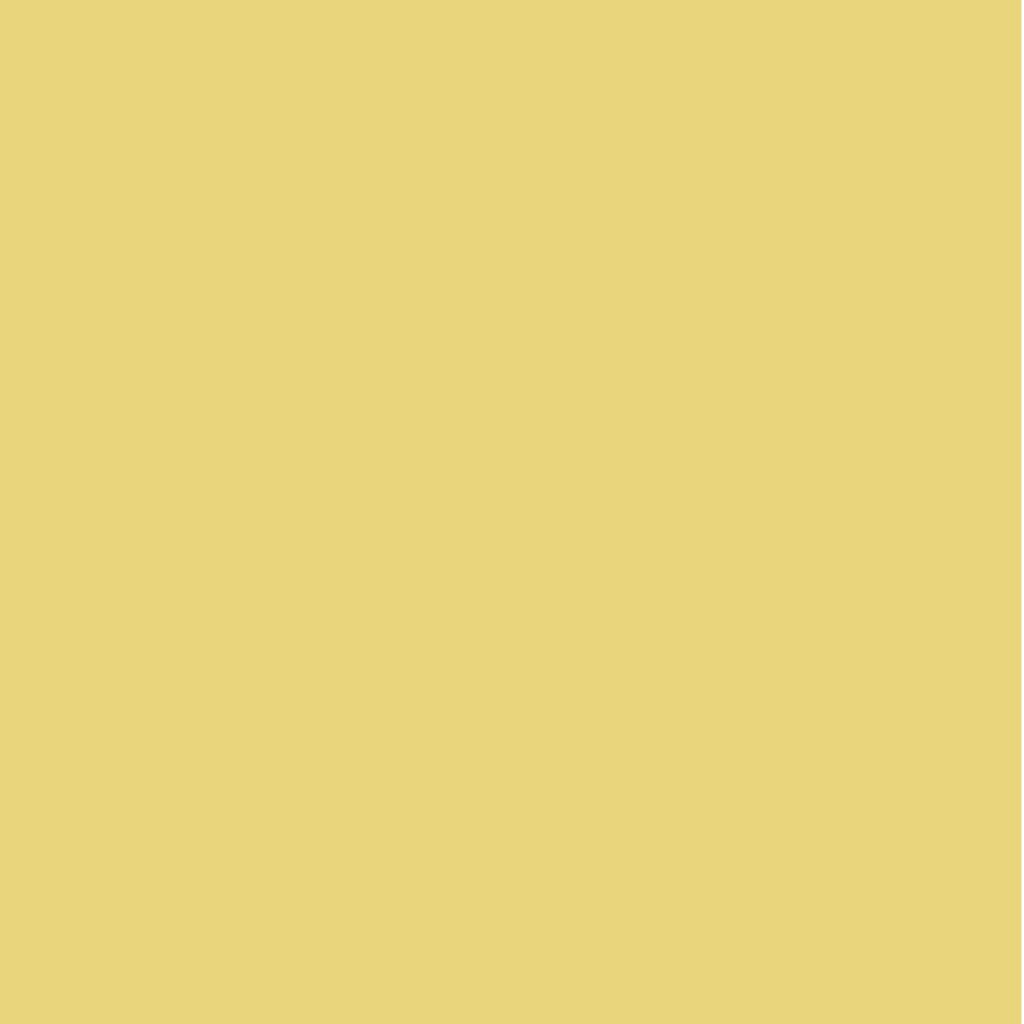

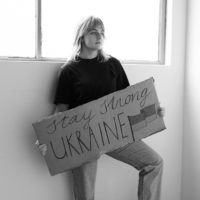
No Comments